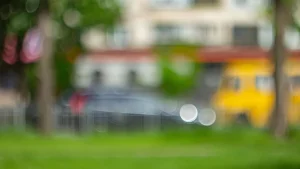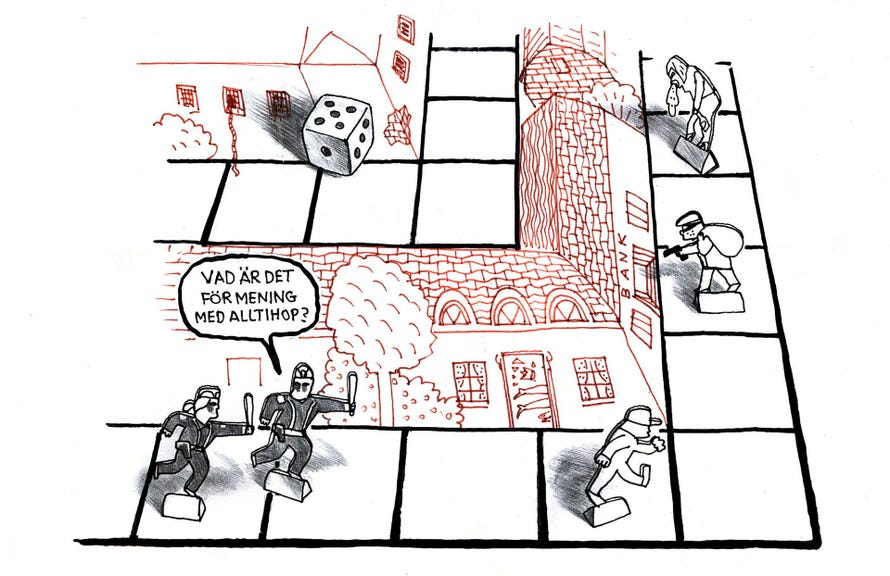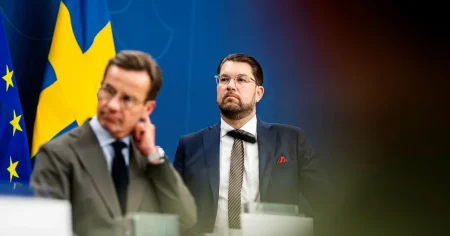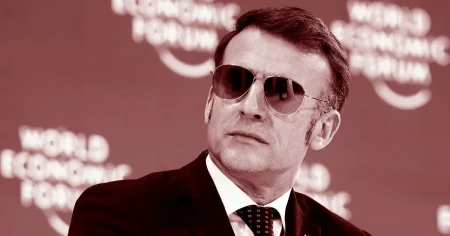The proverb ”it takes a village to raise a child” might be overused, but its core message remains true. Children thrive when surrounded by a multitude of adult influences, both encouraging guidance and firm boundaries when needed. However, the foundation of a child’s development rests firmly within the family unit. The greater the absence or dysfunction within the family, the more challenging it becomes for society to mend a broken young individual. Recent news reports highlight this issue, depicting scenarios where parents, instead of holding their children accountable for shoplifting, direct their anger at the police for intervening. This parental behavior begs the question: what kind of individuals are we shaping with such an approach to accountability? These parents aren’t simply clearing paths for their children, they’re actively shielding them from the consequences of their own misbehavior, creating a troubling dynamic.
The phenomenon of “helicopter parenting,” where parents constantly hover and intervene to prevent their children from experiencing any hardship, is well-documented. However, this new trend represents a distinct shift. These parents, whom we might term “cushion parents,” aim to insulate their children from all repercussions, even when those repercussions are a direct result of the child’s own wrongdoing. Instead of acknowledging their child’s misbehavior and guiding them towards understanding and amends, these parents deflect blame onto external entities, often law enforcement or other social institutions. They appear to view these institutions as responsible for solving the problems their children create, rather than addressing the root cause within the family dynamic. This abdication of parental responsibility not only hinders the child’s moral development but also places an undue burden on society’s resources.
This parental attitude fosters a sense of entitlement and a lack of accountability in children. By shielding children from the consequences of their actions, parents inadvertently teach them that rules don’t apply to them and that someone else will always clean up their messes. This learned behavior can have far-reaching consequences, impacting their ability to function responsibly in school, the workplace, and society at large. When children are not held accountable for their actions, they fail to develop essential life skills like problem-solving, conflict resolution, and empathy. They grow up believing that they are immune to the natural consequences of their choices, leading to potential difficulties in navigating the complexities of adulthood.
The frustration expressed by law enforcement officials, like Ilja Rajkovic in the Borås incident, underscores the growing concern surrounding this issue. Rajkovic’s weariness with the constant deflection of blame onto societal institutions highlights the importance of parental responsibility. While schools, social services, and law enforcement play crucial roles in a child’s development, they cannot replace the foundational guidance and discipline provided by a functional family unit. When parents fail to instill a sense of responsibility and respect for societal norms, these institutions are left to grapple with the consequences, often with limited resources and effectiveness.
The “it takes a village” philosophy emphasizes the collaborative effort required to raise well-adjusted individuals. However, this village cannot function effectively when parents abdicate their primary responsibility. The village can offer support, guidance, and diverse perspectives, but it cannot replace the fundamental role of the family in instilling values, teaching accountability, and shaping responsible behavior. When parents act as cushions, absorbing all consequences and deflecting blame, they not only undermine their child’s development but also erode the very fabric of the community they rely on. A village filled with cushion parents becomes a place where accountability is absent, and the burden of correcting misbehavior falls disproportionately on societal institutions.
Ultimately, the responsibility for raising responsible, contributing members of society rests primarily with parents. While external factors undoubtedly play a role, the foundation of a child’s moral compass is forged within the family. Shielding children from the consequences of their actions, blaming others for their misbehavior, and expecting society to clean up their messes is not only detrimental to the child’s development but also undermines the collective effort required to build a thriving community. The “village” can only function effectively when parents embrace their role as primary caregivers and instill in their children a sense of responsibility, accountability, and respect for others. Without this foundation, the village itself becomes a breeding ground for entitlement and dysfunction, ultimately impacting everyone within it.














